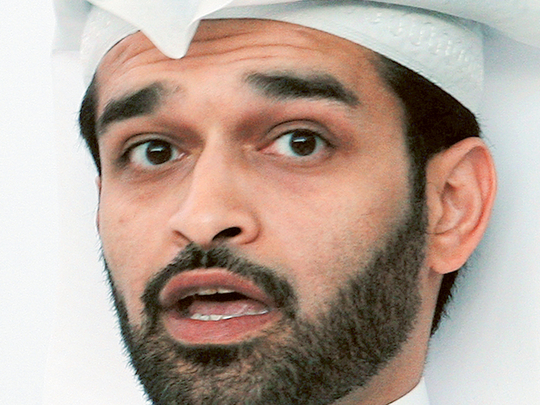
There is no ban on beer for the 2022 World Cup in Qatar, Fifa Secretary General Fatma Samoura said Wednesday during a visit to Doha. At least, not yet — negotiations haven’t begun on what if any alcohol will be served in the stadiums.
“We are going to reach a stage when we discuss not only alcohol but food as well,” Samoura said. “We do respect the customs and the culture of the country.”
Hassan Al Thawadi, secretary general of Qatar’s Supreme Committee for Legacy and Delivery, which is overseeing preparations for the World Cup, told a local newspaper this week that he doesn’t want alcohol served at the event. He said Wednesday that he personally favoured an alcohol ban, but that it wasn’t official policy.
A ban on beer would be the latest conflict between the 2022 World Cup host nation and the global football body. Beer company Budweiser is a top-tier sponsor of Fifa and has been for years, so any restrictions on the company’s ability to turn its sponsorship dollars into sales would be controversial. Beer, wine and liquor are sold in Qatar in some hotels and to foreign residents who hold a special permit.
Qatar has also been criticised over its treatment of migrant workers since it won the World Cup hosting rights six years ago, with a plan that called for about $200 billion (Dh734 billion) of infrastructure spending for the world’s most-watched sporting event. Qatari officials say conditions have improved, and Samoura praised the response to the death of a worker at a new stadium in October.
“After the first accident on a construction site, immediate measures were taken not only to do an assessment but also to address some of the shortcomings,” Samoura said. “We will keep urging the Qatari government to accelerate the ongoing labour reform process on a national level.”
Qatar’s investigation into the death of the worker on a 2022 World Cup stadium construction site has led to “extended over-sight” of health and safety procedures, officials said on Wednesday.
The man, who organisers have said was the first to die in a work-related accident, was named on Wednesday as Anil Kumar Pasman from Nepal. He was 29 when he died while working on the Al Wakrah Stadium project last month.
Pasman was hit by a water tanker whose driver “was tragically unaware of his colleague’s close proximity” since he was out of sight, the stadium’s contractors and World Cup organisers said.
“This tragedy serves as a profound reminder there is always more to be done — no matter how far we have come in terms of implementing health and safety at our sites,” said Al Thawadi.
“We will learn from this tragic event in order to prevent any repeat in the future,” he added.
Football’s global governing body, which is under investigation by US and Swiss authorities for alleged bribery and corruption in the awarding of the 2018 and 2022 World Cups to Russia and Qatar, pledged in April to form an oversight committee to monitor construction sites. That advisory board will hold its first meeting in February, Samoura said.











